In the middle of the 21st century, society has ground to a halt, disenchanted with empty promises of progress where rampant disparity breeds discontent among the masses. This isn’t a commentary on the real world, though Atlus doubtlessly intends it to be. It’s the setup of Soul Hackers 2, an unexpected and, frankly, underutilized spinoff that revises the long-dormant Devil Summoner series, albeit without the “Devil Summoner” name attached.
If it sounds like Soul Hackers 2 has a bit of an identity crisis going on, that’s because it does. It’s a bold vision for a non-Persona, non-Shin Megami Tensei future with an excellent cast and skillful writing, but it also carries unnecessary baggage from the series’ past and never reaches its full potential.
Soul Hackers 2 Review: Hacked Back to Life
Rival gangs of Devil Summoners operate behind the scenes, keeping society safe in theory but getting up to all manner of shady doings in practice. One group, representing the will of everyone grown tired of society’s stagnation, moves to summon The Great One, who will destroy the world.
The weariness and desire for an end to existence is strongly reminiscent of Persona 3, and that’s part of the problem. The story isn’t particularly unique, not by Shin Megami Tensei standards at least, and it relies on its setting and context to distinguish itself.
Soul Hackers 2 is set in a world where a vast web of artificial intelligence called Aion works behind the scenes, monitoring humanity from a distance and absorbing information in a bid to evolve continuously. Ringo is a physical manifestation of Aion’s collective will and gets sent to the human plane to try and halt the apocalypse.
This is one of the most captivating settings in recent RPGs, but the game also does the least with it. That’s partly down to the pacing. Soul Hackers 2 is surprisingly short — for an RPG at least — and will probably take you about 35 hours to finish if you don’t do much optional content. That’s a bit of a mixed bag. So while the pacing is spectacular as a result, it means there’s hardly any chance to develop the themes, characters, and locations that really deserve more attention.
Sure, Tsuchigumo
What you get is still high quality. Someone at Atlus evidently played and liked Yakuza: Like A Dragon. Ringo and her reluctant band of resurrected malcontents form one of the more interesting casts in the genre thanks to their unorthodox and dysfunctional origins, though unlike Ichiban’s crew, they aren’t exactly the epitome of harmonious cooperation.
These older, more jaded summoners are wracked with regrets and don’t necessarily want to be together, but thanks to the connection soul hacking has forged between them, they also don’t really have a choice. The clash of ideas and personalities is something you don’t normally see in the genre, and watching them grow, if not closer, then at least less likely to kill each other, is a much more endearing process than I expected.
Ringo herself is an exceptional and exceptionally well-written protagonist, a significant departure from the silent heroes or stalwart do-gooders that usually headline Atlus games. Aion imbued her with a smart, slick personality, and while she doesn’t shy away from throwing out a sarcastic quip when the occasion calls for it, she’s also intuitive and kind. I didn’t expect a spinoff to produce one of my favorite Atlus characters, but here we are.
And she’s incredibly fashionable, too, just like the rest of Soul Hackers 2. I’d even go as far as to say it manages to be more stylish than Persona 5 in battle, character design, and especially its gorgeously illustrated shop menus.
It does often feel like style over substance, either. Soul Hackers 2 is less personal than Persona and doesn’t have Shin Megami Tensei’s grand ambitions. It sits somewhere in the middle, weaving together some surprisingly heavy character stories in a city whose blinding lights belie its dark and derelict soul – but the trouble is it never goes deep enough.
Same
Outside the safehouse, you can spend time with your teammates at the local bar to deepen your Soul Points with them, which slowly pieces together a clearer picture of who they were before Ringo found them and what they want out of their second shot at life. I enjoyed these conversations far more than most Persona social links. They feel natural and, more importantly, aren’t weighed down by gamification.
In most cases, however, they still fall short of letting these characters reach their full potential, mostly because there’s just not enough time for it. I suspect the Soul Matrix is designed to fill in these gaps, but it’s one of Soul Hackers 2’s least developed features. Ringo enters very bland dungeons, witnesses flashes of the person’s past before their murder, and resolves a psychological aberration to help them move on.
The idea sounds great on paper, but it’s mostly just tedious, made worse by the fact that the inner levels of a Soul Matrix are gated behind meeting Soul Point requirements. It ends up feeling like a filler task.
It’s much the same with quests. Some have a surprisingly gripping foundation and bring up facets of life as a summoner that the story never explores. And then the quest never really explores it. Others are just the usual SMT and Persona-style “kill five of these please” quests, which I really wish Atlus would stop making.
Dungeon designs continue trending toward disappointingly bland, despite being set in interesting locations. The introductory one, for example, is set in a grim, bleak dockyard but ends up being a few corridors of shipping containers. SMT started life as a dungeon crawler, and while I appreciate the throwback to the series’ roots, it gets old pretty quickly.
Removing the Press Turn system lets you focus on strategy and ailments to whittle down beefier foes instead of forcing you to desperately exploit weaknesses, but it still feels a bit too familiar. More skills or even different ways to coordinate party attacks, building on the soul hacking concept, would have made a substantial difference in giving this a unique persona. Stacking is a fun feature with strong visual flair, but it’s not quite enough on its own.
The city’s style has tinges of The World Ends With You, while the detective elements feel like something out of RGG Studio’s Judgment games. Then there’s the off-the-wall bits that are entirely Soul Hackers’ own, like the circus where you fuse demons. It’s easily the most original style and set of ideas we’ve seen from SMT in far too long, but the game’s brevity and a few instances of stubbornly clinging to the past mean Soul Hackers 2 never makes the most of any of it.
Soul Hackers 2 Review — The Bottom Line
Pros
- Intriguing world.
- Incisive commentary.
- Excellent localization and cast.
- Engaging, if overly familiar, combat.
Cons
- Overly familiar combat.
- Dull dungeon design.
- Pacing means no themes and characters get fully developed.
My biggest takeaway is that it feels tentative, that Soul Hackers 2 is a game with an identity crisis. The core experience is solid enough, but it’s evident in places that Atlus perhaps wasn’t sure how daring or differnet to go with Soul Hackers – how to expand the social system, for example, or doubling down on the game’s themes.
It’s been a long time since we last saw Soul Hackers, and I sincerely hope we don’t have to wait that long again. Soul Hackers 2 may be deeply flawed and perhaps even rushed, but it’s also one of the most ambitious RPGs of 2022. The parts are there for something truly great. Atlus just needs to give it the love and care it deserves.
[Note: Atlus provided the copy of Soul Hackers 2 used for this review.]

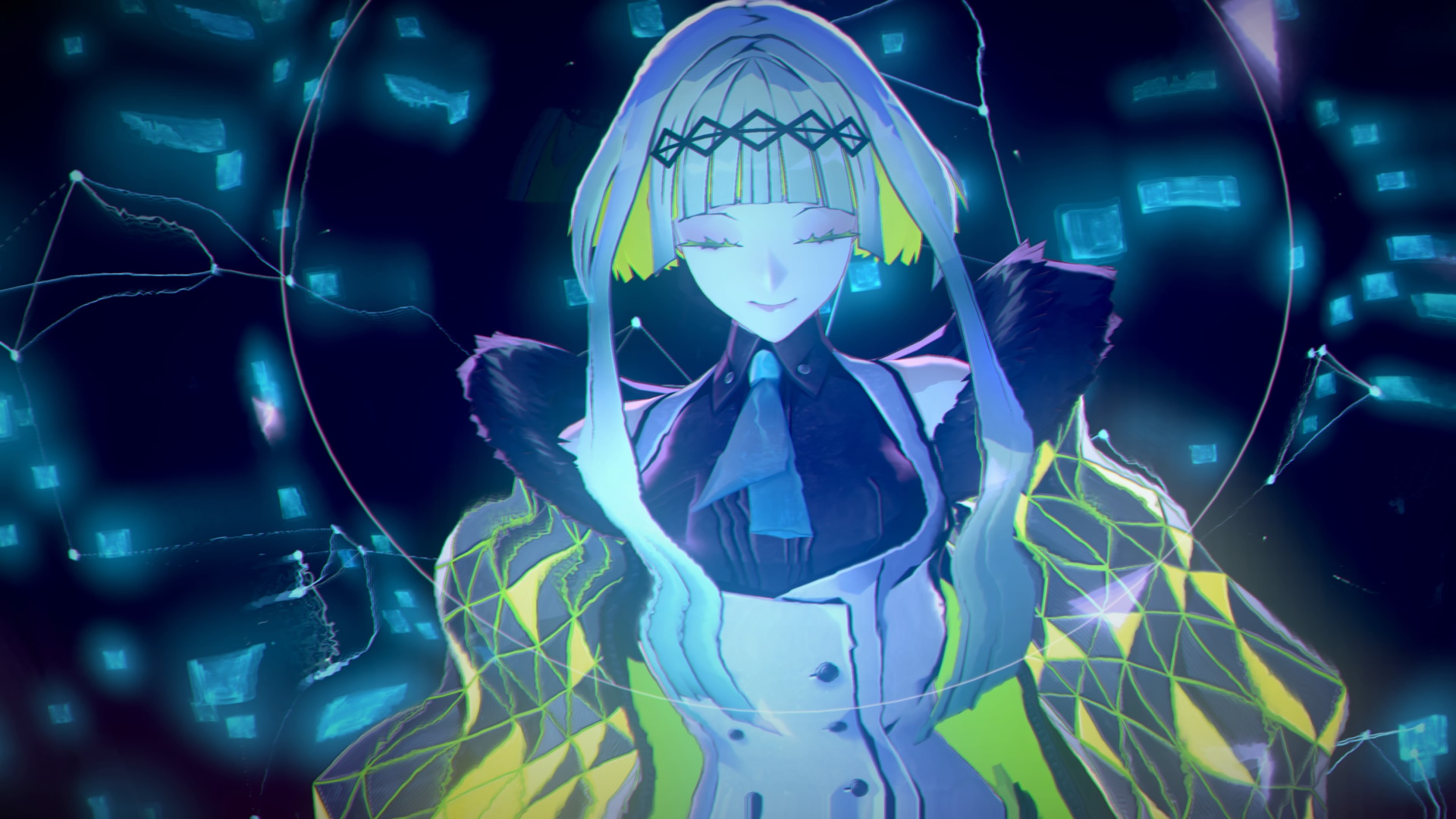
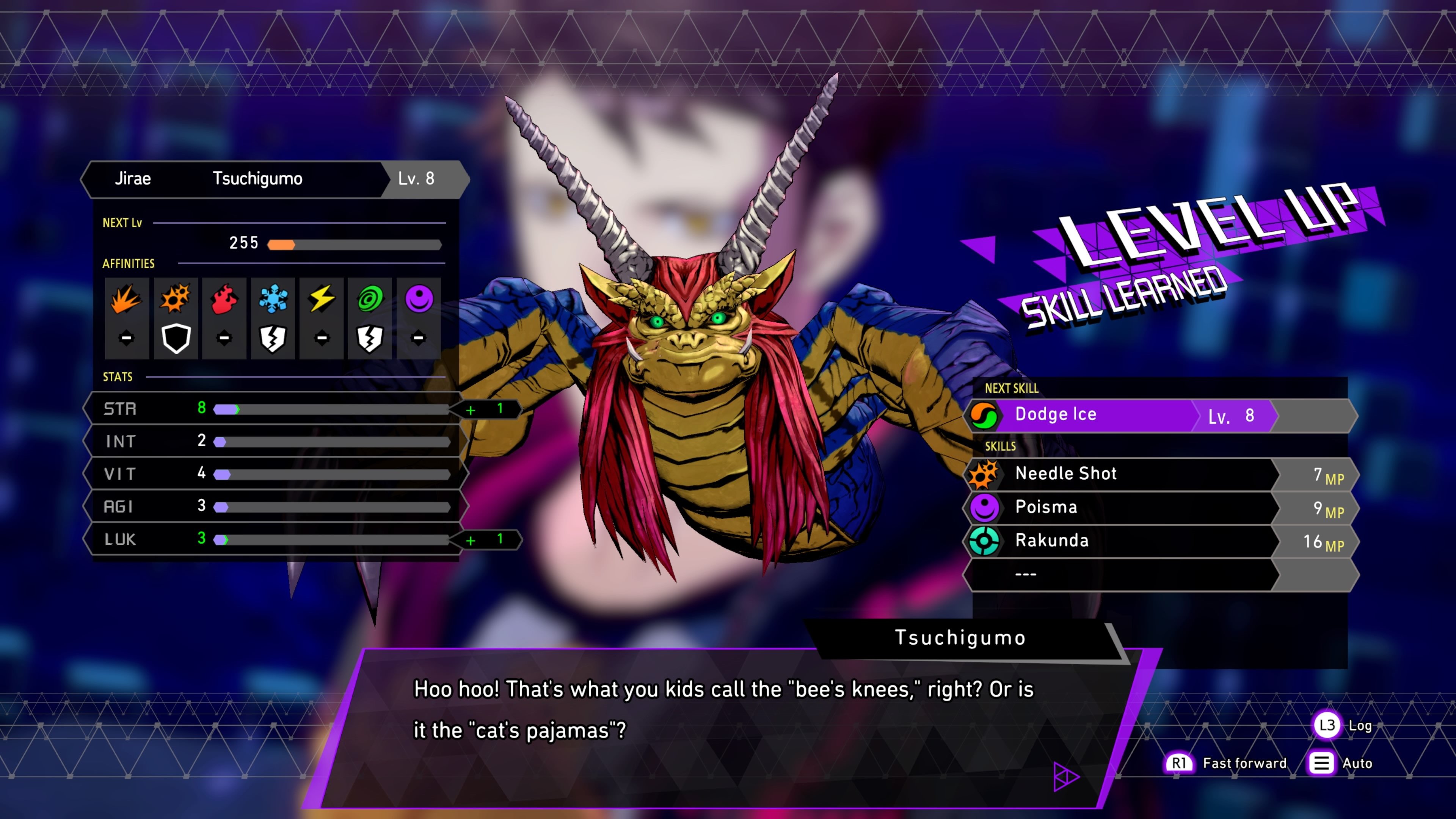
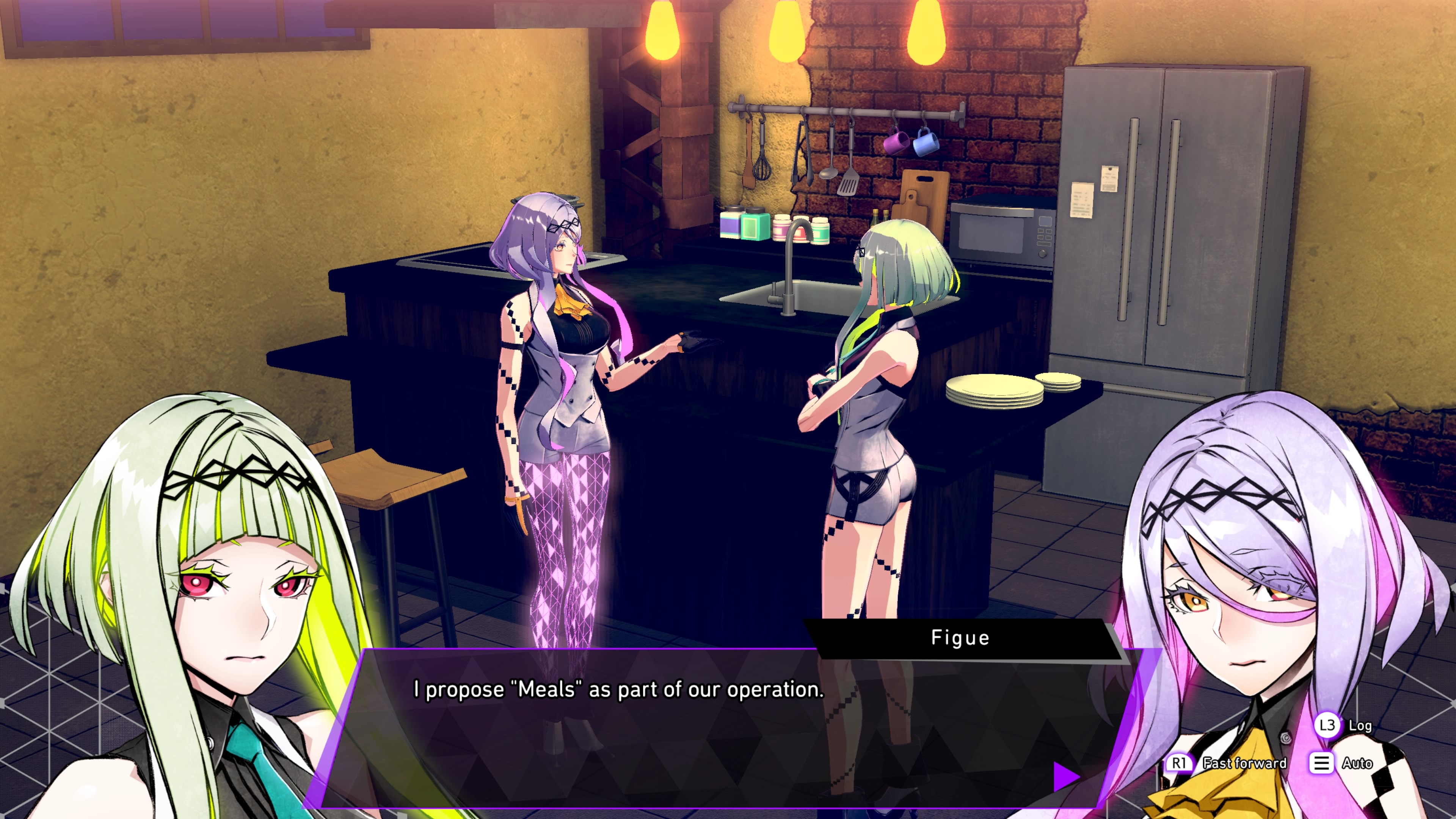
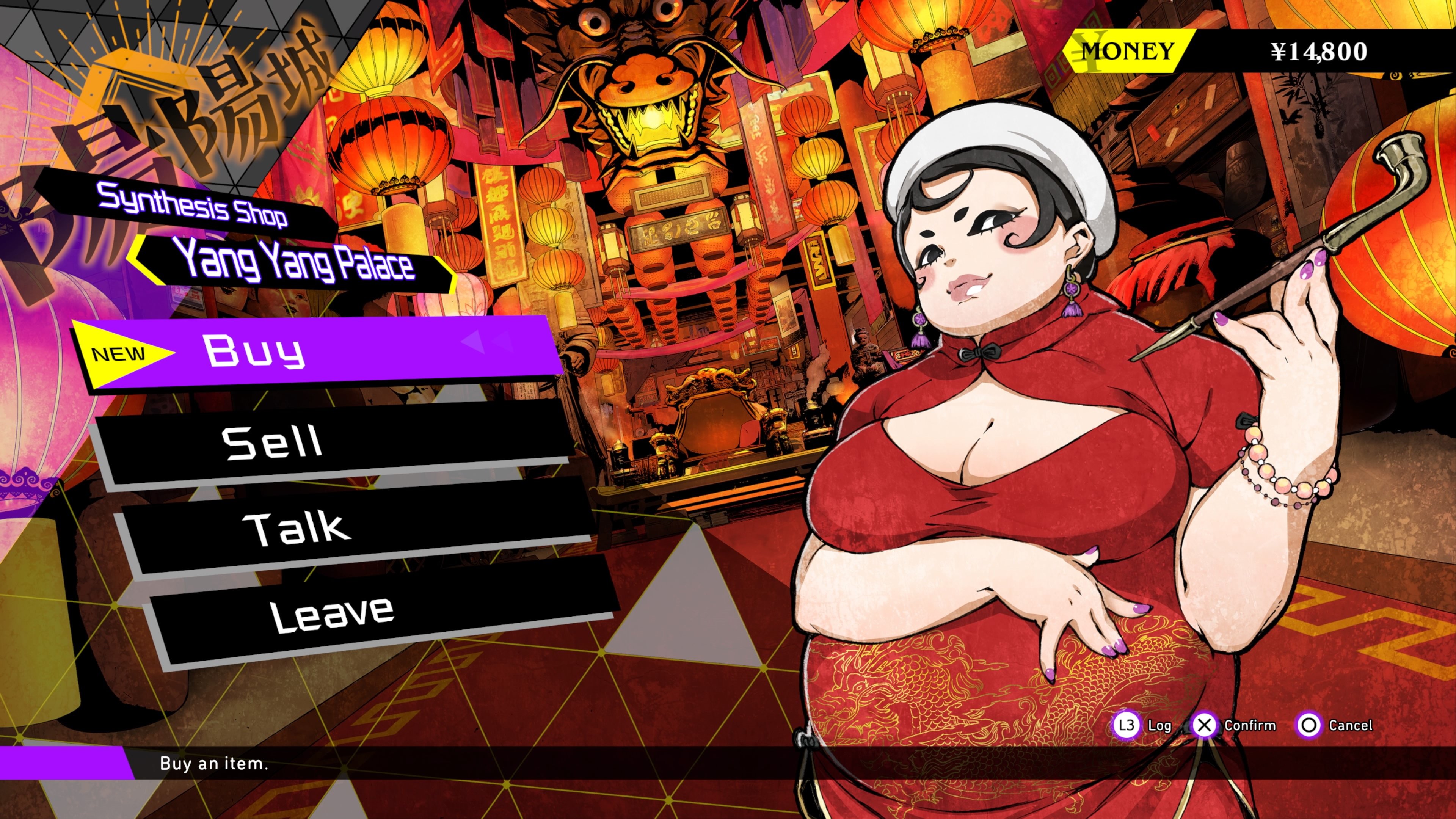
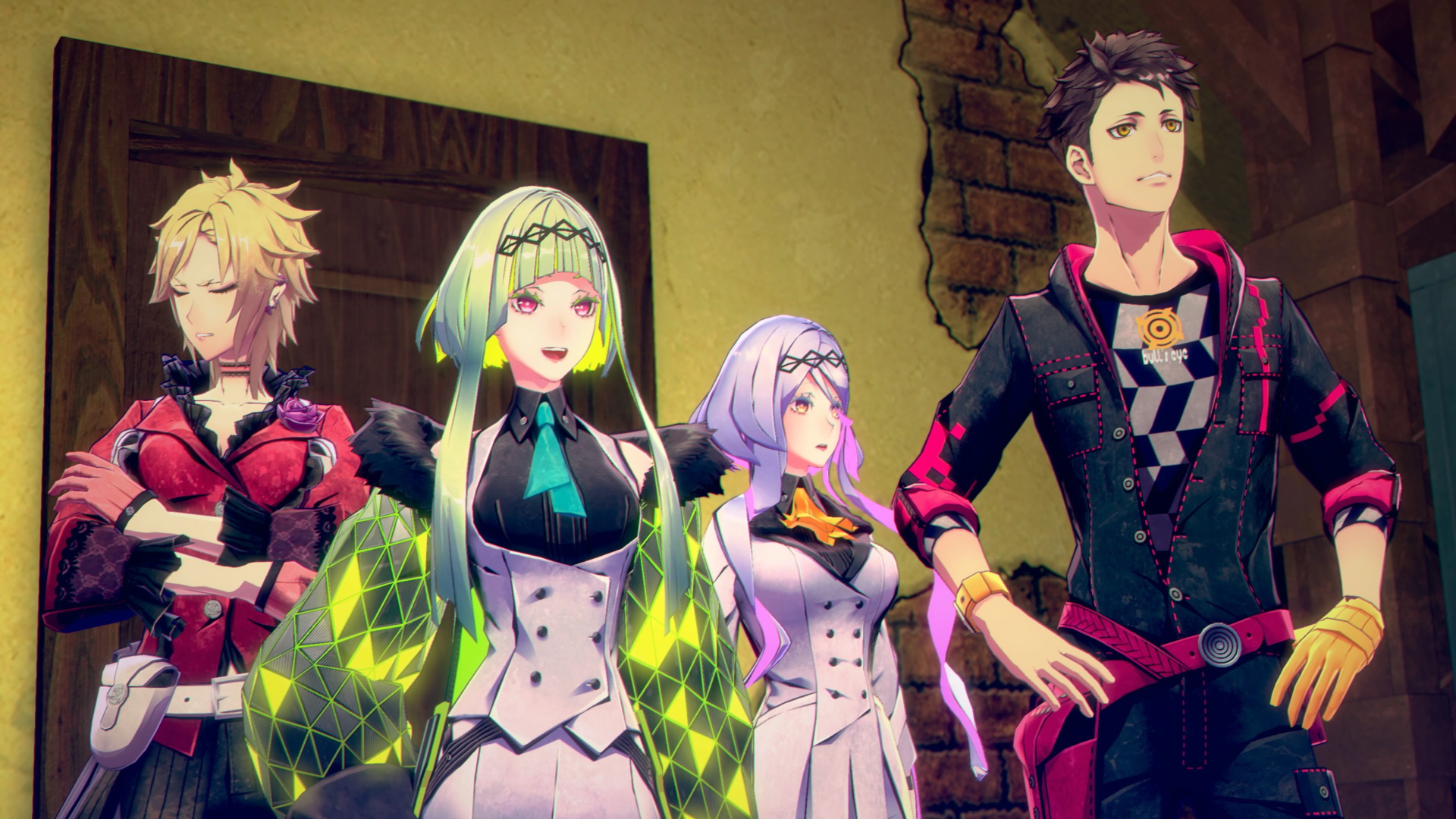





Published: Aug 18, 2022 01:43 pm